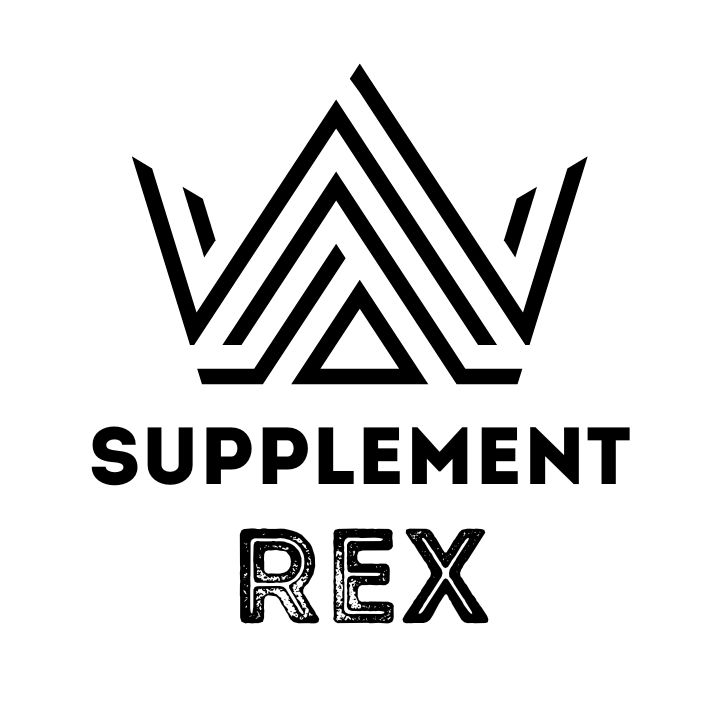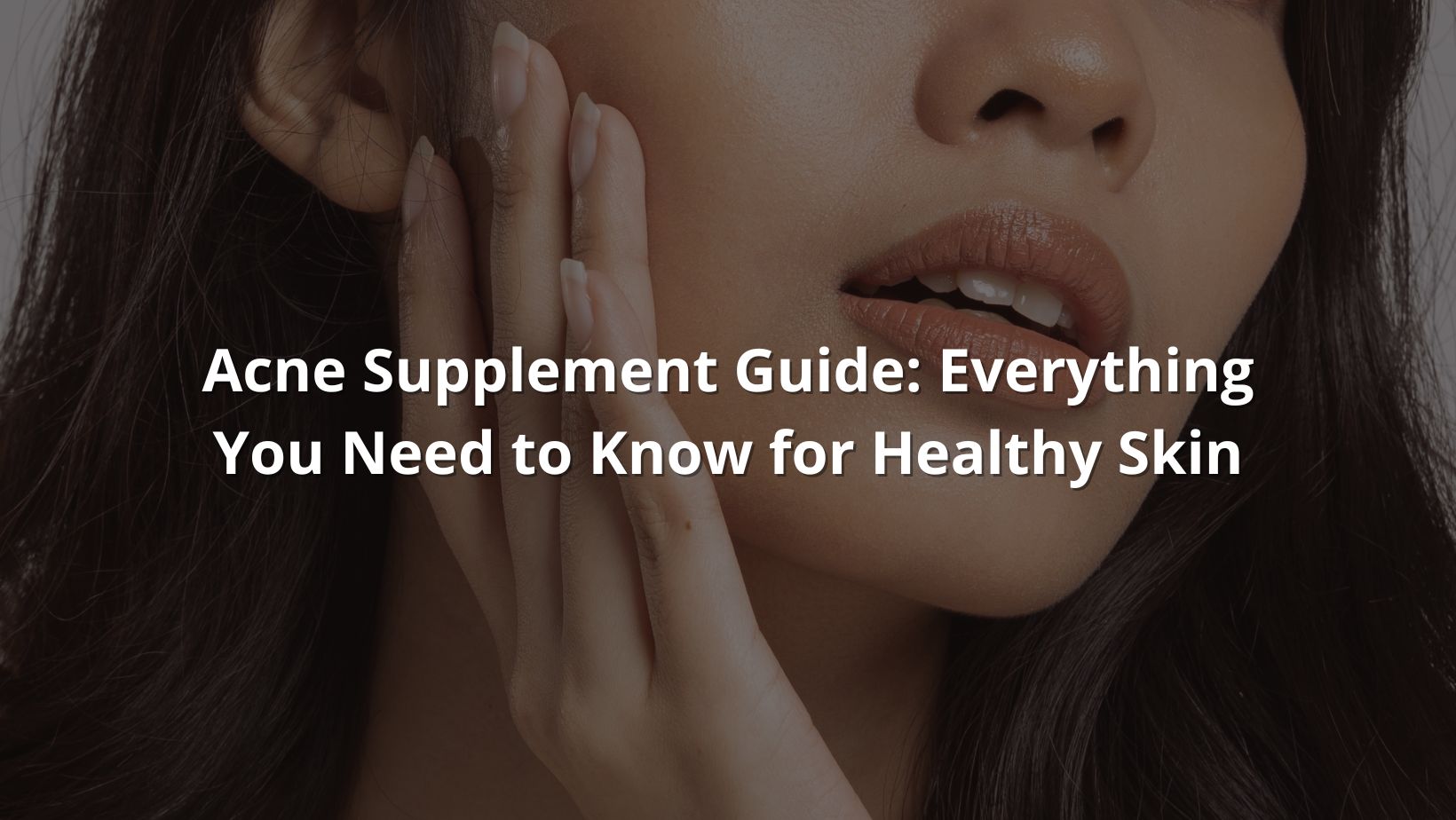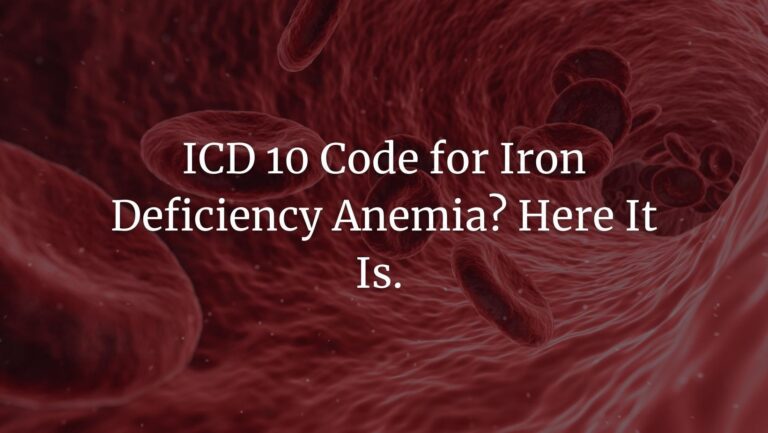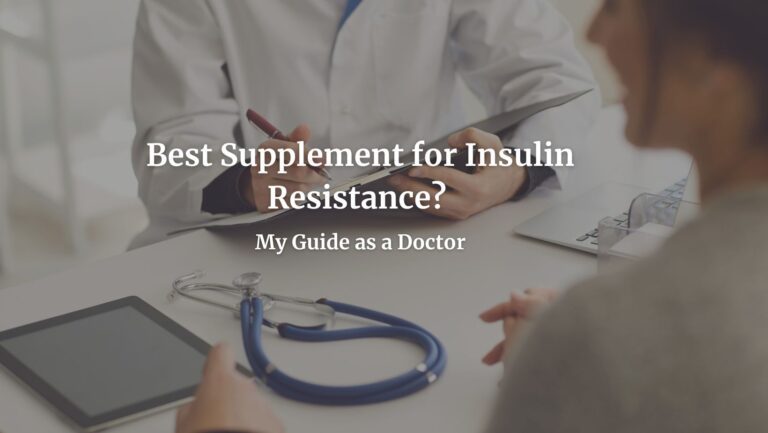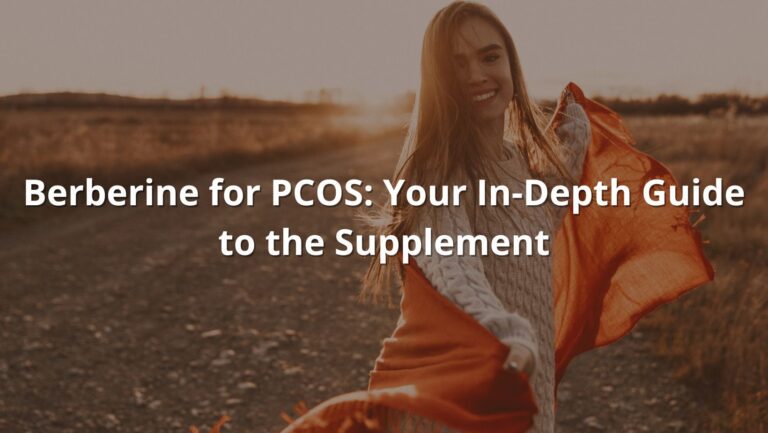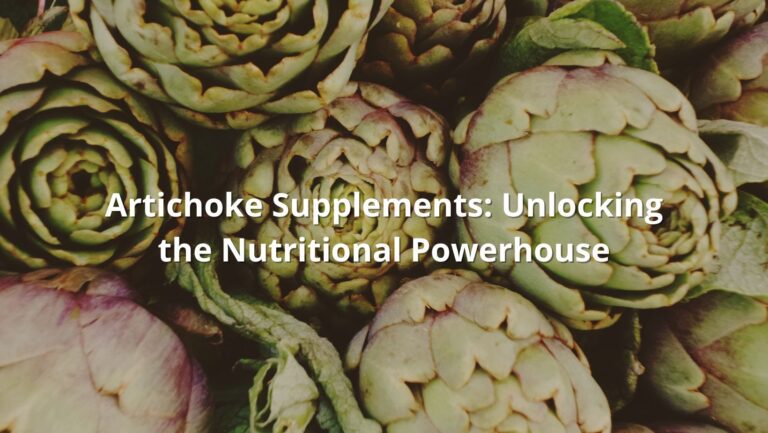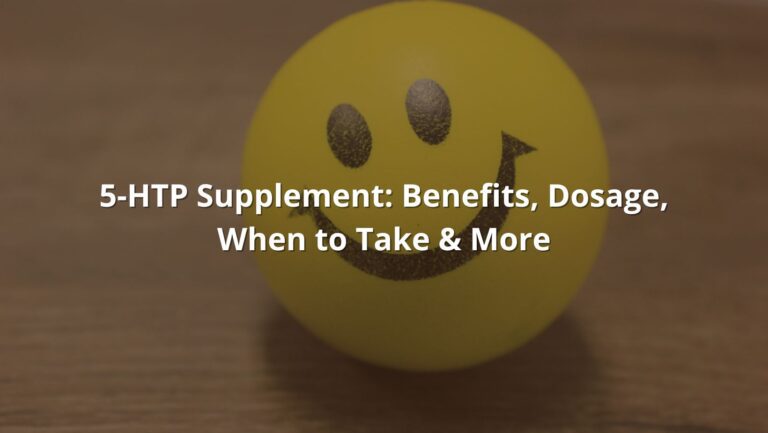Acne Supplement Guide: Everything You Need to Know for Healthy Skin
Did you know 85% of people between 14 and 24 have acne? [1] For some, it’s a minor nuisance, while others get painful lesions and might need prescription medication to manage their condition.
Although it is not life-threatening, acne can have a significant impact on a person’s self-esteem and overall quality of life. While there are various treatment options available, including prescription medication and over-the-counter products, many people are turning to acne supplement options as a natural alternative.
In this article, we will explore everything you need to know about acne supplements, including their benefits, how to choose the best one, and the best supplements for acne.
But first, let’s talk about acne’s origin story – and how supplements can fit into breaking the disease process.
What Causes Acne?
Acne happens when your skin pores become blocked by dead skin cells and oil. This is when you get a comedone – either a whitehead, or a blackhead. The blocked pore gets inflamed turning into anything from a small red bump to a full cyst.
Acne is caused by a combination of factors, including excess oil production, clogged hair follicles, bacteria, and inflammation. [2] Hormones can also play a role in the development of acne, particularly in women. When the body produces too much androgen, a male hormone found in both men and women, it can stimulate the sebaceous glands to produce more oil, leading to the development of acne.
Finally, a key player in acne formation is a bacterium called Proionobacterium acnes colonises a blocked pore. P. acnes turns your natural skin oil into triglycerides, which also contribute to inflammation. Your own immune cells then attack the invaders and you get full on inflammation – meaning the red color, the swelling, pain, and potential scarring. [3]
What Are Acne Supplements?
Acne supplements are dietary supplements that are designed to help treat and prevent acne. They are formulated with a variety of vitamins, minerals, and herbal extracts that are thought to support healthy skin. While they are not a substitute for a healthy diet and lifestyle, they can be a useful addition to your skincare routine.
One of the primary benefits of acne supplements is that they are a natural alternative to prescription medication, which can have unwanted side effects. Additionally, they can provide the body with the nutrients it needs to reduce inflammation – and this will have a beneficial effect on your overall health, not just your skin. Some acne supplements may also help regulate hormone levels, making them an effective treatment option for hormonal acne.
How to Choose the Best Acne Supplement
When choosing an acne supplement, it’s essential to look for one that contains ingredients that are backed by scientific research. And, you’ll want to consider the dosage and form of the supplement. Some supplements may be more effective in a particular form, such as a capsule or powder. Don’t forget about the potential side effects and interactions with other medications you may be taking – just because you’re taking a supplement doesn’t mean it’s completely benign.
Let’s talk about some of the best ingredients to enlist in your fight against acne:
Best Supplements for Acne
These days, it seems “beauty supplements” are everywhere – from hair gummies to all sorts of acne supplement iterations. But, just because the package says skin-boosting or acne-banishing doesn’t mean it’s true.
Here are the ingredients with actual evidence that they improve your skin and reduce acne symptoms:
- Zinc: Zinc is an essential mineral that supports healthy skin and immune function. When it comes to acne, it works by reducing oil production (meaning less oil to clog your pores) and fighting inflammation. [4]
- Vitamin D: Vitamin D is an important nutrient for overall health, and it may also have benefits for the skin. Some studies have found that acne sufferers are more likelty to have vitamin D deficiency [5] – and, considering the vitamin’s key role in many other processes in our bodies, it’s a smart idea to take a supplement if you’re not getting a lot of sunlight.
- Omega-3 Fatty Acids: Omega-3 fatty acids are a type of healthy fat that can help reduce inflammation in the body – and research suggest that supplementing 2,000mg of EHA and DHA can significantly decrease your breakouts. [6]
- Vitamin C: Vitamin C is a powerful antioxidant that can help reduce inflammation in the body. It can also help promote collagen production, which can improve the appearance of acne scars. There is limited research into vitamin C supplementation for acne, but we know cosmetics that contrain the vitamin can definitely improve your skin. [7]
- Probiotics: Probiotics are beneficial bacteria that can help support a healthy gut microbiome. In turn, a healthy gut microbiome is essential for overall health, including skin health. Research shows that keeping your gut flora it shape impacts how your skin looks – and supplementing with probiotics can reduce acne eruptions [8]
- Niacinamide: Niacinamide is a form of vitamin B3 that can help reduce inflammation and regulate oil production in the skin. It can also help improve the appearance of acne scars – but, so far, we only have research for topical application. Whether your diet and supplementation affect acne remains unclear, though the additional health benefits for your heart alone should make it worth including in your regimen. [9]
But, there is one more supplement for you to consider – and it’s even the base for some prescription medications for acne. Here’s what you need to know about using vitamin A to combat acne:
Vitamin A Supplement for Acne: Should You Risk It?
Vitamin A is a powerful antioxidant that is essential for healthy skin as it protects cells from free radical damage. This cam help your skin look younger – and it increases cell turnover, too, so existing breakouts can last longer.
The catch? These are all true of topical vitamin A and vitamin-A related compounds – retinoids. Some of these are available over-the-counter, while others you can only get via a prescription. The popular (yet highly risky) acne drug isotretinoin (a.k.a. Accutane) is one of the few oral forms of vitamin A used to treat acne – and, successfully so, but with many caveats, which is why it’s prescription only. [10]
What about over-the-counter vitamin A supplements? Unfortunately, we don’t have evidence they work for acne. Even worse, they come with a bunch of risks. Too much vitamin A is especially dangerous if you’re pregnant – or plan to become pregnant. Research found significant teratogenicity (ability to cause development issues and birth defects) in women taking over 10,000 international units (IU) daily. [11] You can also suffer liver damage [12], thyroid problems [13], central nervous system issues [14], and more.
Worried already? Well, don’t be. Unless you’re eating organ meat three times a day, it’s hard to overdose on vitamin A from your diet alone. Vitamin A supplements, on the other hand, can definitely get you there – and they’re not proven to work for acne.
So, if you want to use vitamin A for your skin, skip the supplement and get a retinol cream instead!
Best Supplement for Hormonal Acne: Spearmint Extract
Hormonal acne is a type of acne that is caused by fluctuations in hormone levels, particularly androgen levels.
While there are several supplements that may be effective for treating hormonal acne, one of the best is spearmint extract. Spearmint extract has been shown to have anti-androgenic properties, which means it can help reduce the levels of androgen in the body. [15] This can lead to a reduction in oil production and a decrease in the severity of acne symptoms.
More Hormonal Acne Supplements
In addition to spearmint extract, there are several other supplements that may be effective for treating hormonal acne. These include:
- DIM (diindolylmethane): DIM is a compound found in cruciferous vegetables that can help regulate hormone levels in the body. It can help reduce the levels of androgen and estrogen, making it an effective treatment option for hormonal acne. There are no randomized controlled trials proving its efficiency yet, but anecdotal evidence online shows significant improvement with 100-200mg daily.
- Saw Palmetto: Saw palmetto is an herbal extract that can help reduce the levels of androgen in the body. Once again, there is little evidence available on it, but since it can reduce your androgen levels, there is a potential mechanism of action there.
- Vitex: Vitex, also known as chasteberry, is an herbal supplement that can help regulate hormone levels in the body. It can be particularly effective for treating hormonal acne in women with polycystic ovary syndrome where it improved hormone balanced and reduced hyperandrogenic symptoms like acne. [16]
- Green Tea Extract: Green tea extract (and green tea itself, for that matter) is a powerful antioxidant that can help reduce inflammation in the body. It contains skin-improving polyphenols, which come with a range of additional health benefits, too. [17]
Conclusion
Acne supplements can be a useful addition to your skincare routine, providing the body with the nutrients it needs to support healthy skin and reduce inflammation. While they are not a substitute for prescription medication, they can be a natural alternative for those looking to avoid unwanted side effects.
When choosing an acne supplement, it’s important to look for one that contains ingredients backed by scientific research and to speak with your healthcare provider to ensure they are safe for you to take. With the right supplement and a consistent skincare routine, you can achieve clear, healthy skin.
Frequently Asked Questions
How long does it take for acne supplements to work?
The length of time it takes for acne supplements to work can vary depending on the supplement (remember, there are multiple vitamins and minerals that can help) and how severe your skin condition is. For the most part, give your new supplement 2-6 weeks to see results.
Can acne supplements replace prescription medication?
While acne supplements can be an effective treatment option for some people, they are not a substitute for prescription medication. If you’re experiencing severe acne symptoms, it’s best to speak with your healthcare provider to discuss your treatment options.
Are acne supplements safe?
When taken as directed, most acne supplements are considered safe. However, it’s essential to speak with your healthcare provider before starting any new supplement, particularly if you’re pregnant, nursing, or taking other medications. If you are pregnant, avoid any vitamin A products, including topical retinoids.
Can I take multiple acne supplements at once?
While it is generally safe to take multiple acne supplements at once, it’s important to be mindful of potential interactions between supplements and other medications you may be taking. Additionally, taking too many supplements can lead to an overdose of certain vitamins or minerals, which can have unwanted side effects. This is especially risky if you’re taking multivitamins, so keep track of the recommended intake for each ingredient in them to avoid the risk.
Are there any side effects associated with acne supplements?
While most acne supplements are considered safe when taken as directed, some people may experience side effects such as upset stomach, diarrhea, or skin irritation. It’s important to read the label carefully and follow the recommended dosage to minimize the risk of side effects.
Can I take acne supplements if I have sensitive skin?
Yes, many acne supplements are formulated with gentle, natural ingredients that are safe for sensitive skin. Even better, the anti-inflammatory supplements can even relieve your sensitive skin symptoms.
References
- Bhate K, Williams HC. Epidemiology of acne vulgaris. The British journal of dermatology 2013;168:474-85
- Ayer J, Burrows N. Acne: more than skin deep. Postgrad Med J. 2006 Aug;82(970):500-6. doi: 10.1136/pgmj.2006.045377. PMID: 16891439; PMCID: PMC2585707.
- Norris J E, Cunliffe W J. A histological and immunocytochemical study of early acne lesions. Br J Dermatol 1988118651–659
- Brandt S. The clinical effects of zinc as a topical or oral agent on the clinical response and pathophysiologic mechanisms of acne: a systematic review of the literature. J Drugs Dermatol. 2013 May;12(5):542-5. PMID: 23652948.
- Lim SK, Ha JM, Lee YH, Lee Y, Seo YJ, Kim CD, Lee JH, Im M. Comparison of Vitamin D Levels in Patients with and without Acne: A Case-Control Study Combined with a Randomized Controlled Trial. PLoS One. 2016 Aug 25;11(8):e0161162. doi: 10.1371/journal.pone.0161162. PMID: 27560161; PMCID: PMC4999291.
- Jung JY, Kwon HH, Hong JS, Yoon JY, Park MS, Jang MY, Suh DH. Effect of dietary supplementation with omega-3 fatty acid and gamma-linolenic acid on acne vulgaris: a randomised, double-blind, controlled trial. Acta Derm Venereol. 2014 Sep;94(5):521-5. doi: 10.2340/00015555-1802. PMID: 24553997.
- Ruamrak C, Lourith N, Natakankitkul S. Comparison of clinical efficacies of sodium ascorbyl phosphate, retinol and their combination in acne treatment. Int J Cosmet Sci. 2009 Feb;31(1):41-6. doi: 10.1111/j.1468-2494.2008.00479.x. PMID: 19134126.
- Chilicka K, Dzieńdziora-Urbińska I, Szyguła R, Asanova B, Nowicka D. Microbiome and Probiotics in Acne Vulgaris-A Narrative Review. Life (Basel). 2022 Mar 15;12(3):422. doi: 10.3390/life12030422. PMID: 35330173; PMCID: PMC8953587.
- Zhang Z, Liu M, Zhou C, He P, Zhang Y, Li H, Li Q, Liu C, Qin X. Evaluation of Dietary Niacin and New-Onset Hypertension Among Chinese Adults. JAMA Netw Open. 2021 Jan 4;4(1):e2031669. doi: 10.1001/jamanetworkopen.2020.31669. PMID: 33404619; PMCID: PMC7788463.
- Zaenglein AL, Pathy AL, Schlosser BJ, Alikhan A, Baldwin HE, Berson DS, Bowe WP, Graber EM, Harper JC, Kang S, Keri JE, Leyden JJ, Reynolds RV, Silverberg NB, Stein Gold LF, Tollefson MM, Weiss JS, Dolan NC, Sagan AA, Stern M, Boyer KM, Bhushan R. Guidelines of care for the management of acne vulgaris. J Am Acad Dermatol. 2016 May;74(5):945-73.e33. doi: 10.1016/j.jaad.2015.12.037. Epub 2016 Feb 17. Erratum in: J Am Acad Dermatol. 2020 Jun;82(6):1576. PMID: 26897386.
- Hunt JR. Teratogenicity of high vitamin A intake. N Engl J Med. 1996 May 02;334(18):1197
- Nollevaux MC, Guiot Y, Horsmans Y, Leclercq I, Rahier J, Geubel AP, Sempoux C. Hypervitaminosis A-induced liver fibrosis: stellate cell activation and daily dose consumption. Liver Int. 2006 Mar;26(2):182-6.
- Sherman SI, Gopal J, Haugen BR, Chiu AC, Whaley K, Nowlakha P, Duvic M. Central hypothyroidism associated with retinoid X receptor-selective ligands. N Engl J Med. 1999 Apr 08;340(14):1075-9.
- Chisholm JT, Abou-Jaoude MM, Hessler AB, Sudhakar P. Pseudotumor Cerebri Syndrome with Resolution After Discontinuing High Vitamin A Containing Dietary Supplement: Case Report and Review. Neuroophthalmology. 2018 Jun;42(3):169-175.
- Grant P. Spearmint herbal tea has significant anti-androgen effects in polycystic ovarian syndrome. A randomized controlled trial. Phytother Res. 2010 Feb;24(2):186-8. doi: 10.1002/ptr.2900. PMID: 19585478.
- Arentz S, Abbott JA, Smith CA, Bensoussan A. Herbal medicine for the management of polycystic ovary syndrome (PCOS) and associated oligo/amenorrhoea and hyperandrogenism; a review of the laboratory evidence for effects with corroborative clinical findings. BMC Complement Altern Med. 2014 Dec 18;14:511. doi: 10.1186/1472-6882-14-511. PMID: 25524718; PMCID: PMC4528347.
- Saric S, Notay M, Sivamani RK. Green Tea and Other Tea Polyphenols: Effects on Sebum Production and Acne Vulgaris. Antioxidants (Basel). 2016 Dec 29;6(1):2. doi: 10.3390/antiox6010002. PMID: 28036057; PMCID: PMC5384166.
